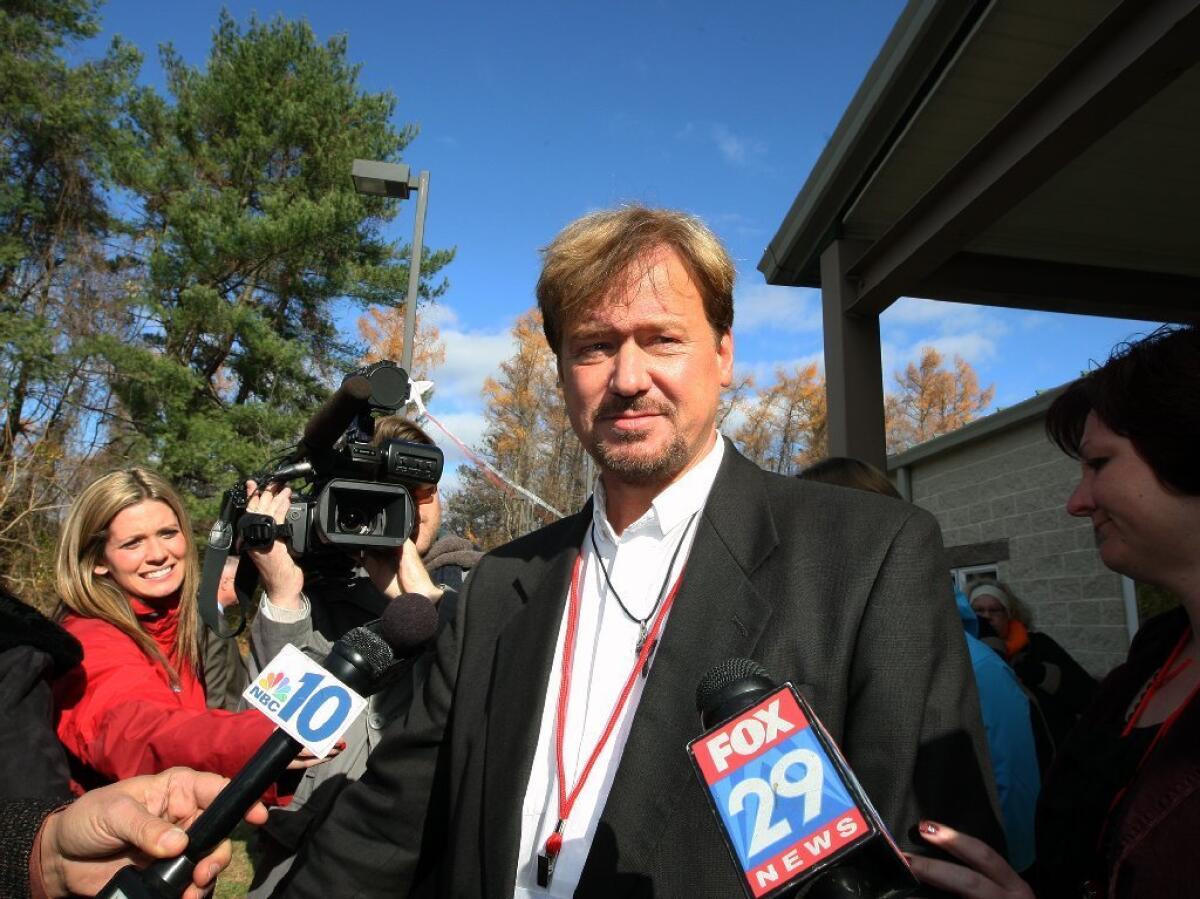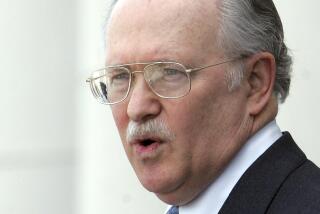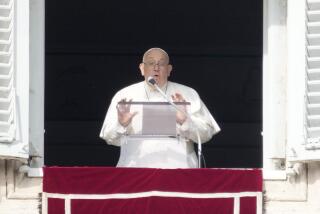Methodist pastor: Expect defiance on gay marriage to carry a price

If you’re a cleric who strongly disagrees with your religious denomination’s dogma and policies, you have four choices. You can stay quiet about it and do as you’re told — after all, no one forced you to become a religious leader or to accept a job with this denomination. You can leave. You can fight to change things from within. Or you can just break the rules and take the consequences.
What a minister shouldn’t be able to do is break a strongly held rule of his or her employer and expect no consequences. Yet that’s what many people seem to think should happen in the case of the United Methodist Church minister who conducted the wedding ceremony for his gay son.
All my personal sympathies lie with Rev. Frank Schaefer of Lebanon, Pa., who said that he was extending God’s love by officiating at his son’s wedding in 2007. It’s understandable that his love for his son, and his love for what he sees as the real meaning of his religion, would make him want to give his son and his son’s partner this gift. It’s heartwarming to see him stand up for his son and for gay rights.
But that’s not the point. The church continues to reject homosexual marriage, and this is the church Schaefer elected to serve in. If we don’t like the policies of our employers, we’re free to find another employer more in sync with our own sentiments. This was, if you will, a case of civil disobedience, except in this case it would be called churchly disobedience.
So far, so good. There is a long and venerable history of people who find certain causes so compelling that they are willing to break the rules for those causes. That’s often an effective path to bringing about needed change.
But for Schaefer’s supporters to demand that he receive no discipline — he was convicted by a church jury — denies the essence of what makes civil disobedience such a brave move. The activist accepts the results. There are all kinds of rules and dogma that might put clerics at odds with their denominations. Is the religious hierarchy supposed to ignore it every time one of its spiritual leaders decides to break with those high-profile rules?
Or perhaps that’s not what Schaefer cares about. Perhaps this is his way of drawing attention to his stance and to a moral compass that says love is more important than judgment, and that it’s worth getting into hot water to promote marriage rights for gay and lesbian couples, which are now recognized in 16 states. That’s all well and good. His message is the right one, but that doesn’t mean the church has somehow lost the right to set policies for its followers, and especially its employees. Nor does it mean that anyone should expect or demand that the church look the other way when its ways are flouted.
ALSO:
Goldberg: Oprah, Obama and the racism dodge
On gay-marriage feud, Liz Cheney might want to heed Joe Stalin
More to Read
A cure for the common opinion
Get thought-provoking perspectives with our weekly newsletter.
You may occasionally receive promotional content from the Los Angeles Times.







